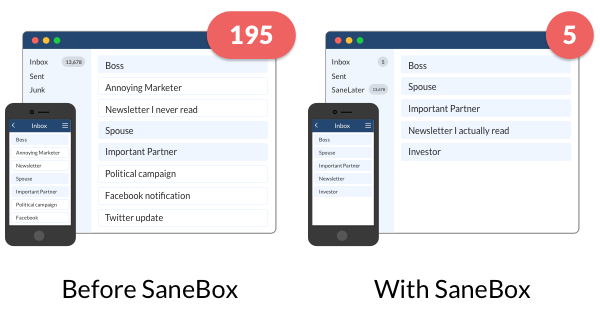List of mistakes that are hurting your productivity:
[yt_video_wrap]https://www.youtube.com/watch?v=vJTAXYkeA1E[/yt_video_wrap]
I downloaded my eighth or ninth “productivity” tool and read what could very well be my 1000th productivity article this week. Sure, this has helped to change some of my habits for the better. But after awhile, I’ve started to notice I’m a little more panicked, a little more spread thin, and though I feel busy, very little seems to be getting done.
I think we may be falling for some productivity lies. Though I’m sure there are quite a few “productivity tips” we could learn from top leaders, but there’s probably a lot we’re doing they’re not. Based on science and experience from top leaders, these are the five productivity mistruths we keep falling into that are stopping us from really getting work done.
1. Not taking advantage of your energy peaks
Author and Deep Work expert David Kadavy attributes his perpetual productivity to an understanding of energy cycles. Certain activities you’re scientifically proven to be better suited for at different times throughout the day. According to a psychophysiologist’s study, we get tired two times in the evening (4:30pm and 11:30pm) compared to every 90 minutes in the mornings. We are most productive in between these dips in energy. This supports the idea that we’re better off organizing our tasks around how we feel energy wise and take time to rest at low points to reach peak productivity.
Here’s how: During your more up-and-down, groggy hours, take care of menial tasks in bursts and rest in between. During your more alert hours, schedule more thought-focused tasks. Don’t force yourself to try to maintain a high energy all day and burn out later in the week.
2. Believing you can multi-tasks is definitely a mistake that is hurting your productivity
When I finally get done writing out a to-do list, it’s easy to look at little tasks and think “no worries, I can do A while I do B.” But (back to the science of it), that’s not how our brains work. No matter how small the distraction, multitasking and allowing something else to take away part of the energy and focus you’re putting into one task significantly increases the time it takes and decreases the quality of your work. Think about texting and driving for example. We’ve proven now that lending some of your brain power and sense to trying to tap out a few words has the same effect as alcohol on your ability to drive. As simple as it may look at first, our brains do not agree with multitasking.

inc.com
3. Notifications
“Getting notified” is not always a positive. To stay productive, don’t get constantly notified. On paper, knowing the minute anything happens within your company or team sounds great. But in practice, it’s a productivity nightmare. Every time you get a notification, your focus is pulled away and you’re never able to reach a stage of “deep work” (total concentration and active progress) while working on a task. In fact, it takes the average employee 25 minutes to return to their original task after checking a notification. By blocking notifications and scheduling times to allow yourself to check chat streams, news sites, and your phone during mental breaks is much less exhausting than trying to refocus after each popup.
4. Email in general
Email is the one common thing seemingly running all of our lives. I can’t look around this coffee shop right now without seeing at least half of the customers checking their email. It’s obsessive and productivity-draining. A recent survey revealed that the average office employee spends an unbelievable 6.3 hours checking and dealing with email. That’s worse than we thought. That is almost an entire salary spent on email and not deep work to solve problems and create. No wonder there’s a new vendetta in the tech world to “kill email”. Luckily, there are new options you can implement at work like group chat platforms or, more personally, you can install a tool like SaneBox to help quiet your email so you can focus on the important things.

5. Believing in “tools” rather than systems is a quite common mistake that is constantly hurting your productivity level
The more productivity apps I’ve tried, the more spread thin I feel. I’ve come to the realization (along with many others) that there isn’t one more tool that’s going to be the missing key to being my most productive. Loading my desktop and phone up with apps isn’t going to help if I don’t establish personal systems that work. The only way you’ll change habits to be productive is finding a system that fits into your schedule and that works for you. Maybe getting 25 notifications from an app isn’t working for you, maybe you enjoy writing things out on a notepad daily. Whether it’s the Pomodoro technique or “don’t break the chain”, it has to motivate and stick with you. Once you have a system down, you can add the right tools to help you.
If you found this helpful, check out other ways to boost personal and team productivity. It’s our passion.
Thanks for reading!




